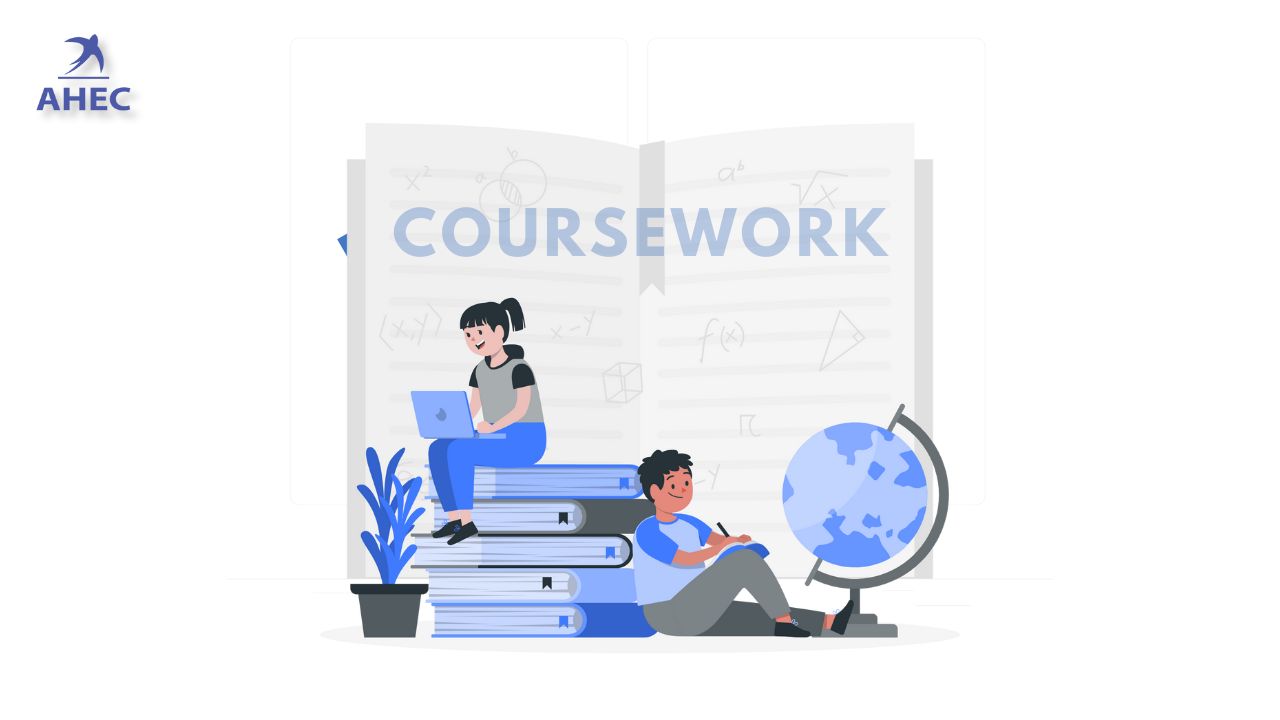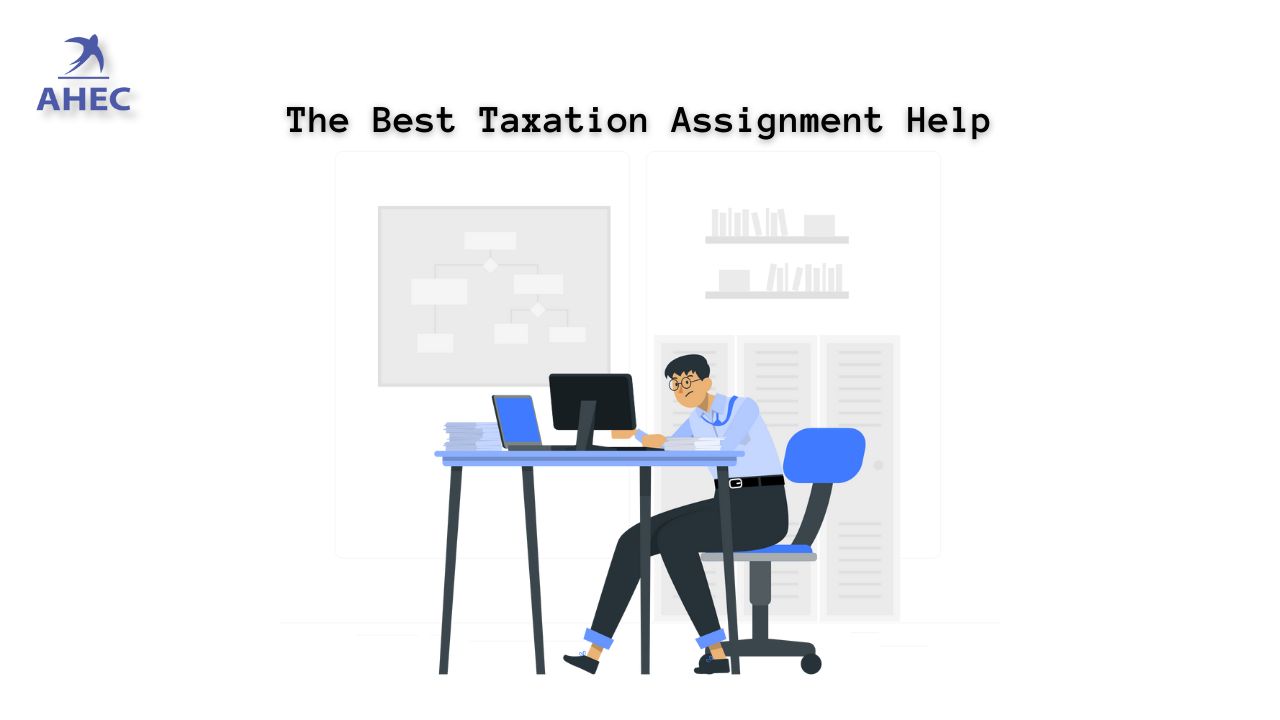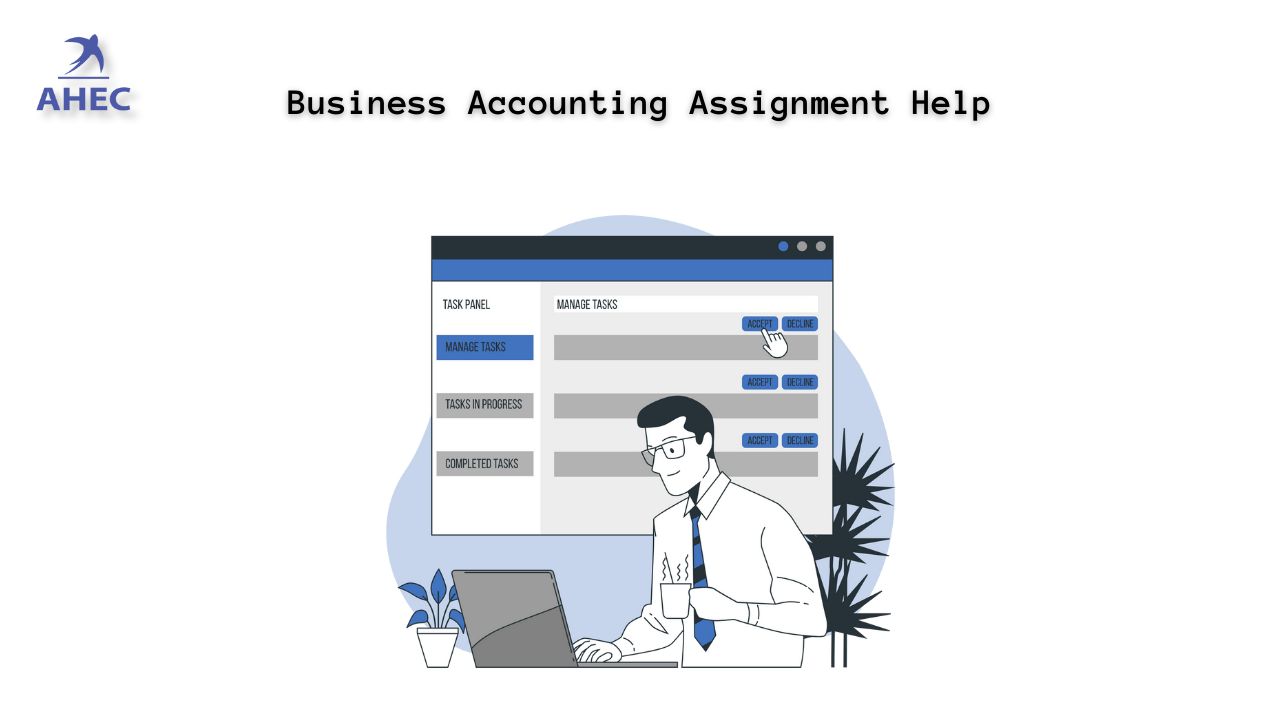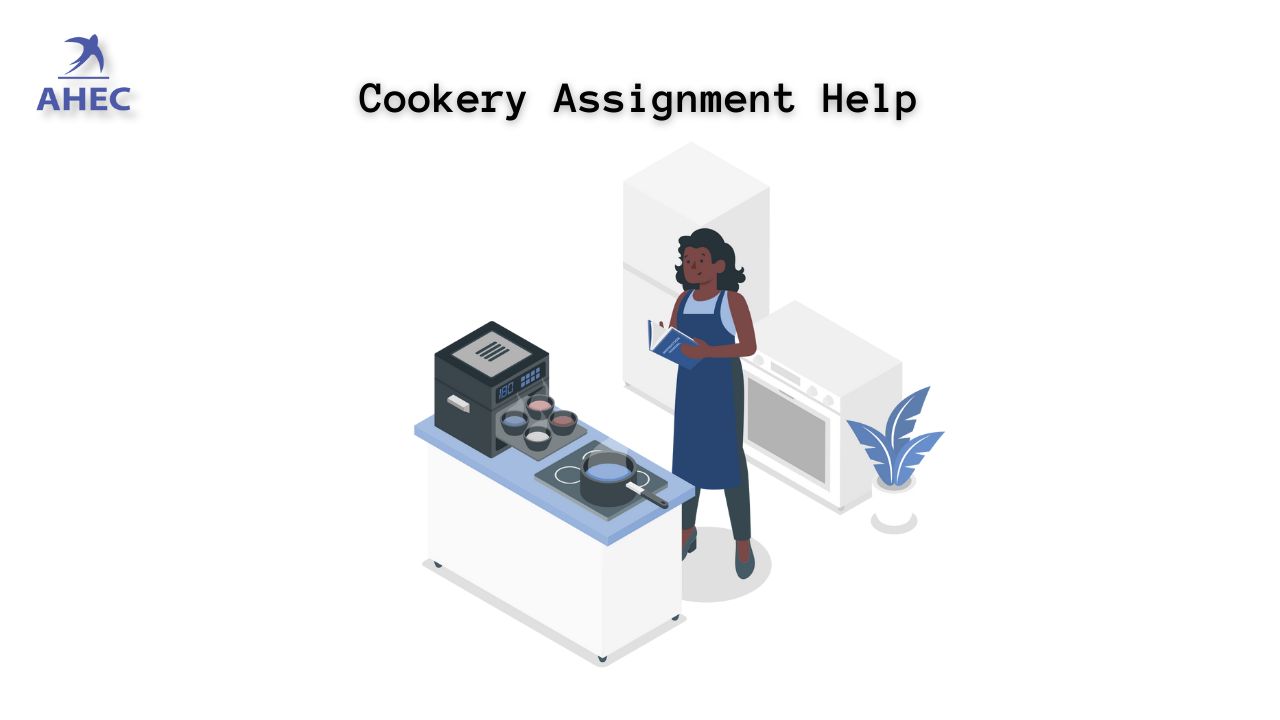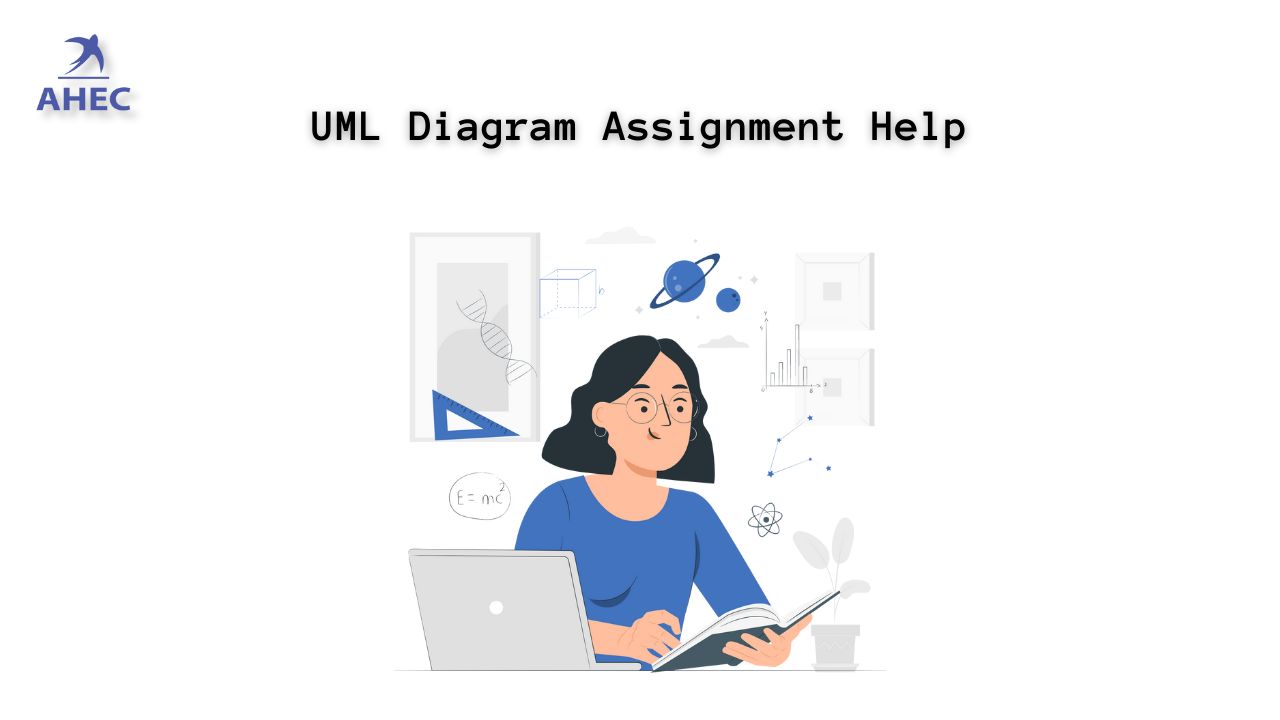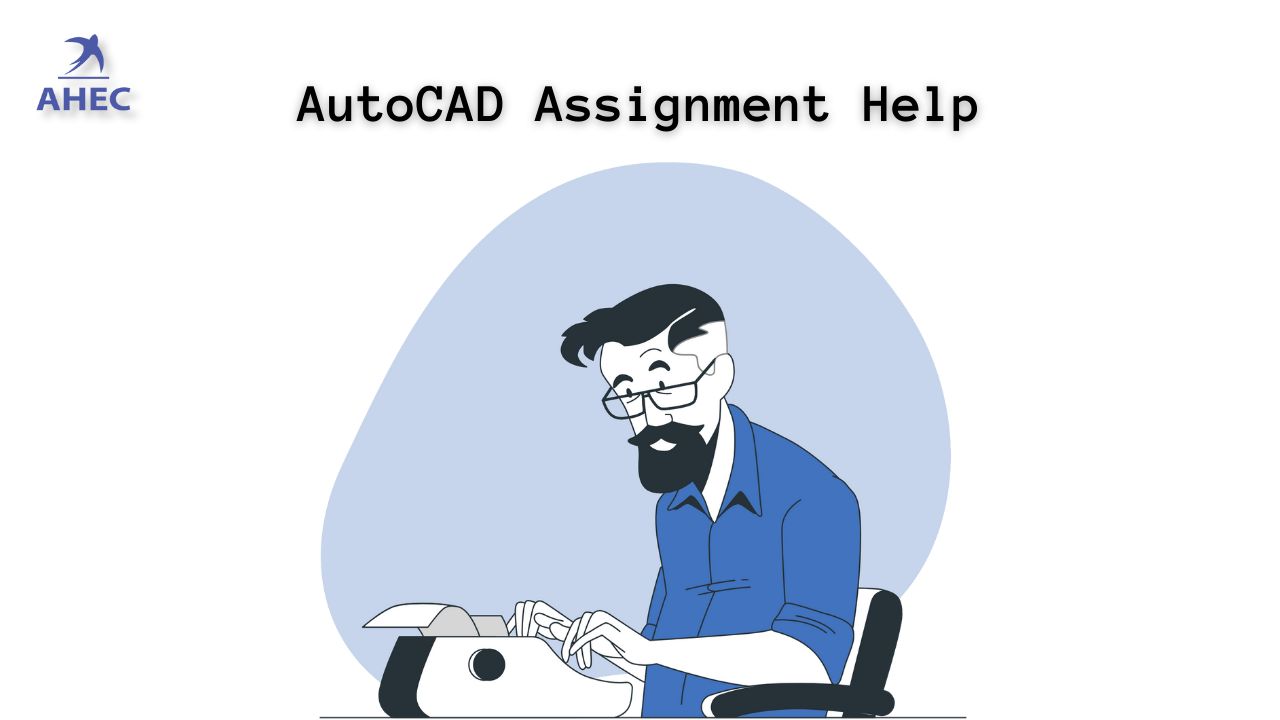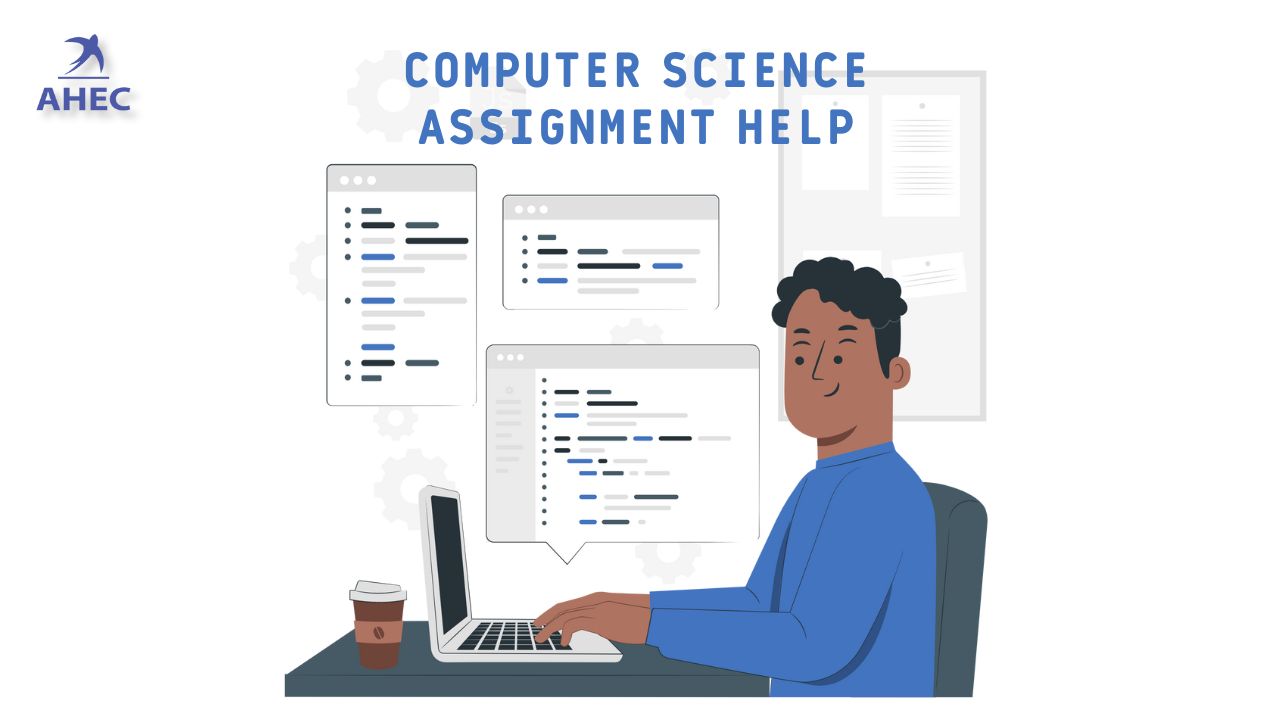Assignment, the most fascinating thing to help you go through college. and assignments are a very popular technique of assessment at university, and this requires a lot of research, arguments, analysis, and a great knowledge of what to write in an assignment requires an understanding of that topic or what your professor wants you to write or make you learn via that assignment. Assignments are essential because they provide you the chance to practice what you've learned and become a better reader and student overall. You'll also learn how to organise and set priorities. And now that we know how essential assignments are, let us look at what to avoid or be mindful of in order to obtain fewer marks in your assignments. Things to avoid include bad assignment structure, plagiarised work, grammatical errors, and a lack of understanding of the subject. You should also avoid writing in an informal manner and not editing the entire project. and not rereading your assignment to see whether it looks okay to you, writing too much in one paragraph, not properly writing the table or content, and avoiding formatting are all pitfalls you should avoid if you want to earn higher grades on your assignment writing.
Let's now dig deeper into the issues raised in the introduction that you must avoid if you want to achieve good grades. The things are listed below.
- Overwriting or underwriting
- Grammatical blunders
- Using inappropriate language
- Including incorrect reference
- Failing to follow the correct structure
- Failing to avoid plagiarism
1. Overwriting or underwriting
The most typical mistake that students make is that they do not understand the concept of the assignment and, in their rashness, write too little about it. There are however students who know so much about the topic that they emphasize it and write too much about it. The thing you can do is look at the word count that almost every professor mentions for the assignment and stick to it. After that, you can go question the professor about the topic or do some research on it, which will help a lot.
2. Grammatical blunders
Spelling and grammar errors are widespread, and everyone makes them. Students work hard to complete assignments, but errors in spelling and grammar may be the key deciding factor in whether they pass or fail. Reread your work before submitting it rather than always relying on the auto spell checker. This is the best method for avoiding this error. Just read through it once more to ensure that your assignment is error-free.
3. Using inappropriate languages
Academic writing is a work that requires you to write in straightforward language. There are many things to keep in mind when undertaking an assignment. Using the same words and word selections throughout your academic assignment might make the entire piece of work boring. You should always try to adapt your words and utilize simple language rather than complex vocabulary. Also, avoid using stuff that is unrelated to the main theme; this might be terrible for your grades. In your assignments, use correct, clear, and easy-to-understand language.
4. Including incorrect reference
There are many forms of referencing you should use in different assignments. After you should prepare your assignment using the reference provided by your lecturer in the assignment requirements section. The most frequent references used in assignments are APA, Harvard, MLA, AMA, and so on. Additionally, keep in mind that references are quite significant and should be accessible to your professor as they may ruin your grades. Many students forget to include references in their assignments, which is a major blunder. To avoid making blunders like this, make sure you do deep research and point to the content you have used. Finally, remember to review your work and double-check that you haven't missed any references to include on a separate page.
5. Failing to follow the correct structure
In this area, students make plenty of mistakes. For example, students should stick to a format in order to have a clear idea of how and where to write, as well as how many words this section should have. In most cases, the teacher will provide students with a certain structure format for the assignment, in which case the student must stick to that pattern of assignment. Basically, if you did not receive the structure from your professor. No need to be concerned because the structure consists primarily of an introduction, a main body, and a conclusion.
The steps that follow will help you understand the assignment's basic structure…
- cover page
- table of content
- introduction
- main text body
- conclusion
- references
Keep in mind that you should not include references on the same page as the other information, but rather on a separate page. Keep these factors in mind to prevent the possibility of receiving lower grades.
6. Failing to avoid plagiarism
Plagiarism is a major issue for students in the university. Plagiarism is considered an offense at the university level if it is discovered in an assignment. You are plagiarizing if you duplicate your thoughts or words from an academic source without attribution. You must obtain permission from the owners before using copyrighted work. Make sure you don't directly copy anything to avoid plagiarizing. You can use the concepts and put them in your own words, and your work will never be plagiarised.
Conclusion
Just concentrate on your own style of writing without comparing it to others, and reread and seek slowly. Don't be afraid of anything; first, keep your head clear and write with concentration; you will discover many new things.




















